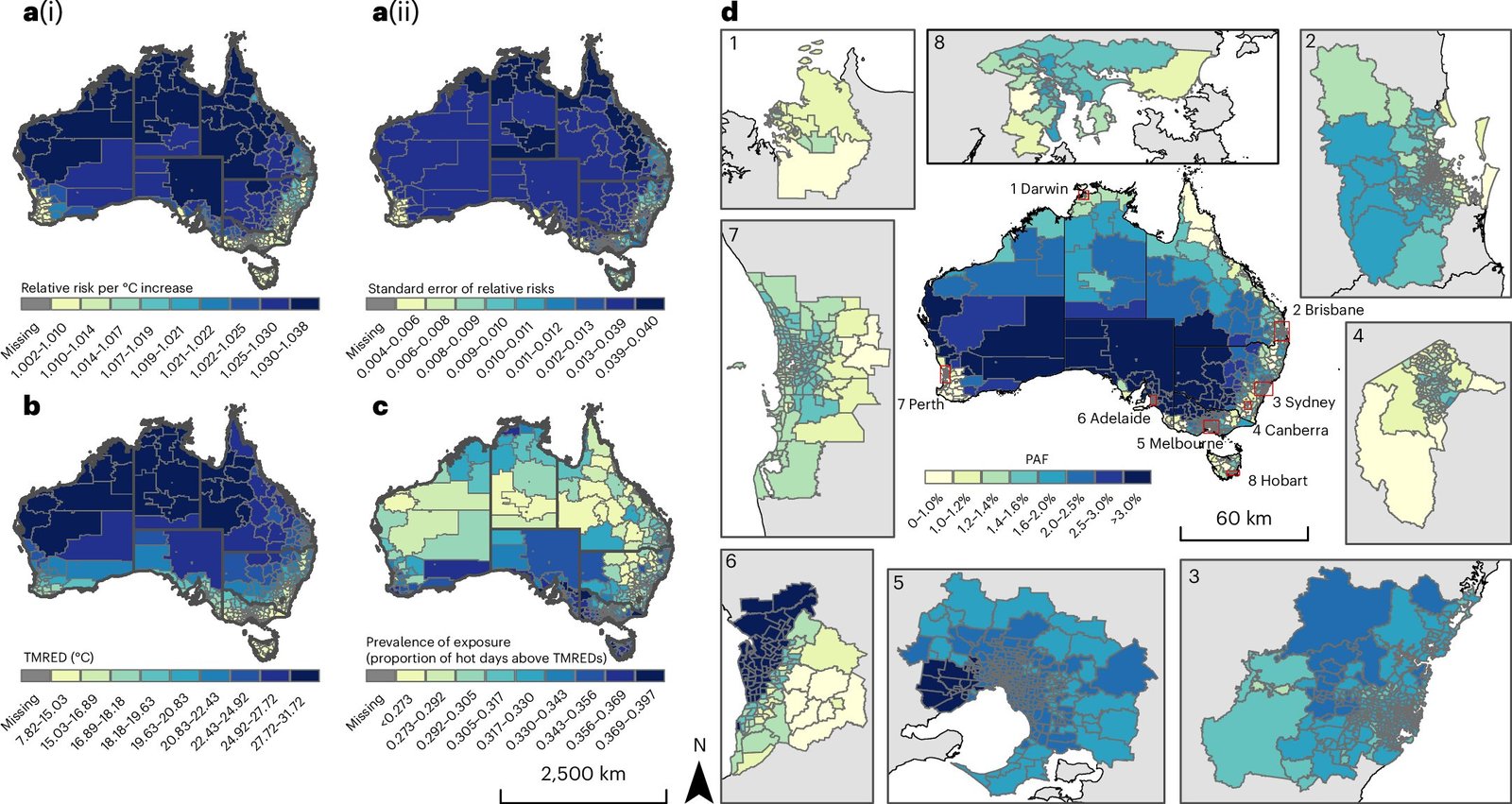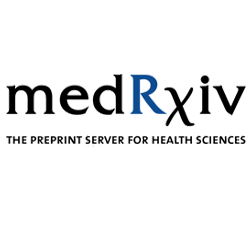A recent study led by the National Institute of Mental Health and Neurosciences (NIMHANS) has identified specific DNA markers that can predict the likelihood of postpartum depression. This research, conducted as an epigenome-wide association study (EWAS), establishes a strong connection between certain epigenetic modifications and the risk of experiencing depressive symptoms during and after pregnancy.
Postpartum depression affects a significant number of new mothers, with estimates suggesting that between 10% to 20% of women may experience this condition following childbirth. The symptoms can range from mild mood swings to severe depression, impacting both the mother and the newborn’s well-being.
In this study, researchers analyzed blood samples from a diverse group of pregnant women, looking for changes in DNA methylation patterns. They found that specific alterations in DNA were consistently associated with increased risk for postpartum depression. These findings suggest that tracking these epigenetic markers could help in early identification of women at risk, allowing for timely intervention and support.
The implications of this research are profound. By pinpointing biological indicators of postpartum depression, healthcare providers may better tailor prevention strategies and treatments for expectant mothers. Early detection could lead to improved mental health outcomes, as timely support can significantly mitigate the effects of postpartum depression.
The study highlights the importance of understanding the biological underpinnings of mental health issues, particularly during vulnerable periods such as postpartum. Further research in this area could expand our knowledge of how genetic and environmental factors interact to influence mental health outcomes.
Overall, the NIMHANS study represents a significant advancement in the field of maternal mental health, providing a foundational step towards developing more effective strategies for managing postpartum depression.



